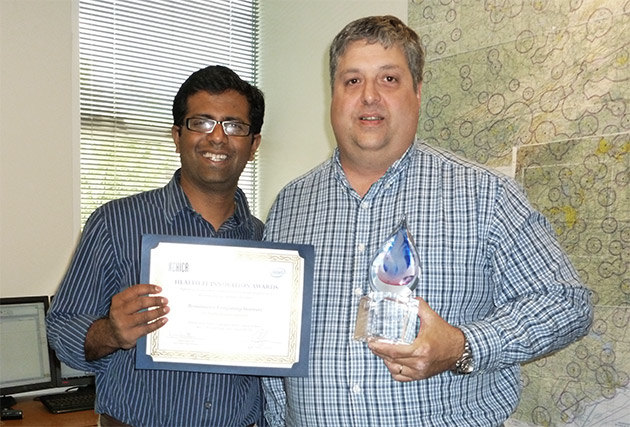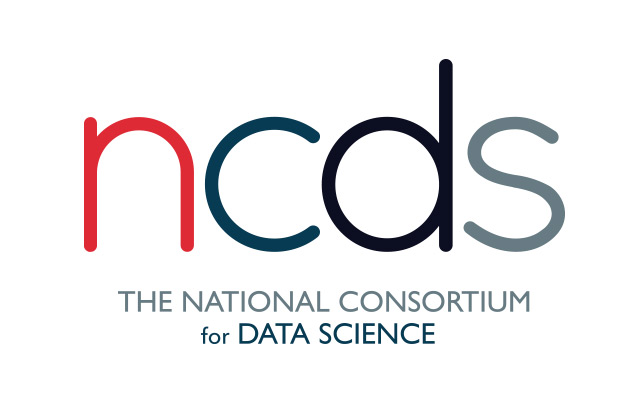Chapel Hill, May 9, 2013 – Tuesday, May 7, marked the first annual Health IT Innovation Awards sponsored by the North Carolina Healthcare Information and Communications Alliance (NCHICA). RENCI had a strong presence at the awards event, held at the Friday Center in Chapel Hill, and walked away with the top award for health IT innovation in the research applications category.
Analysis of the human genomics landscape a decade after the Human Genome Project
Eric Green, director of the National Human Genome Research Institute, talks about the impact of the Human Genome Project at the first NCDS-sponsored public event. Watch the full lecture at https://youtube.com.
National consortium to lead North Carolina in big data innovation
Chapel Hill, NC – A new collaboration called the National Consortium for Data Science (NCDS) aims to make North Carolina a national hub for data-intensive business and data science research and education, a move that will help develop a national strategy to ensure U.S. leadership in the data-driven global economy. Read more
Sailing again: UNC’s Topsail supercomputer comes out of retirement with a RENCI makeover
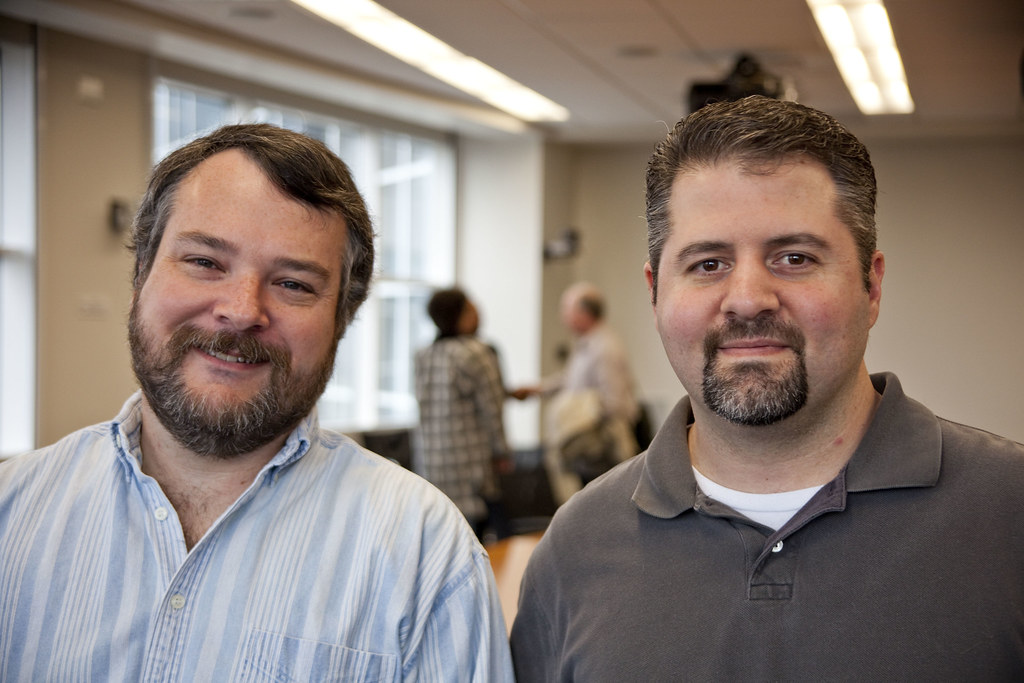
UNC’s Topsail supercomputer comes out of retirement with a RENCI makeover from Erik Scott (left) and Mark Montazer (right).
In its prime, the UNC supercomputer called Topsail had a peak performance of nearly 30 trillion calculations per second—more than enough to earn a spot on the biannual Top500 supercomputers list. Read more
Project ADAMANT wins CENIC’s 2013 Innovations in Networking award

March 13, 2013 — La Mirada, CA — Project ADAMANT, a collaborative effort of the University of Southern California Information Sciences Institute (USC/ISI), RENCI at UNC Chapel Hill and Duke University, has been honored by the Corporation for Education Network Initiatives in California (CENIC) as the recipient of the 2013 Innovations in Networking Award for Experimental/Developmental Applications. Read more
RENCI researchers offer Voluminous to scientific community
 David Borland, PhD, a RENCI senior visualization researcher, and Jeffrey L. Tilson, PhD, a RENCI senior research scientist, today announced the general release of Voluminous, a tool that scientists can use to visualize volumetric data sets. Read more
David Borland, PhD, a RENCI senior visualization researcher, and Jeffrey L. Tilson, PhD, a RENCI senior research scientist, today announced the general release of Voluminous, a tool that scientists can use to visualize volumetric data sets. Read more
RENCI taps Ohio HPC expert for deputy director job

CHAPEL HILL, NC – Ashok Krishnamurthy, PhD, director of research and scientific development at the Ohio Supercomputer Center (OSC), will join the Renaissance Computing Institute (RENCI) at UNC Chapel Hill as deputy director on Feb. 1, RENCI Director Stan Ahalt, PhD, announced today.
Shifting Sands: Visualization techniques help NC State researchers understand Outer Banks dune erosion
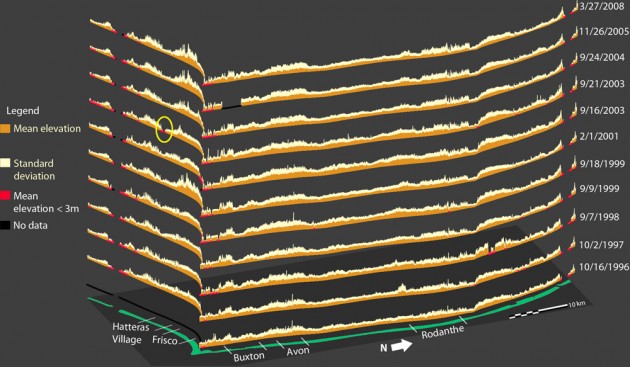
It takes no more than watching the news to realize that homes and businesses along the U.S. East Coast face dangers from erosion, floods, and monster storms. Although North Carolina escaped most of the havoc caused by Hurricane Sandy, its Outer Banks constitute a vulnerable strip of land. The region’s fragile natural environments and popular tourist attractions are battered every year by tropical storms, nor’easters, and winds that erode beaches, shift sand dunes, degrade dune ridges, wash out roads, and sometimes threaten peoples’ lives and homes. Read more
Carolina Launch Pad company aims to lower high school dropout rate

CHAPEL HILL, NC – Julian Wooten holds degrees in biology and chemistry from UNC-Chapel Hill, and nanomedicine from UNC Chapel Hill’s Eshelman School of Pharmacy, and recently decided to pursue an MBA. Read more
International consortium planned to support sustained, robust data management technology
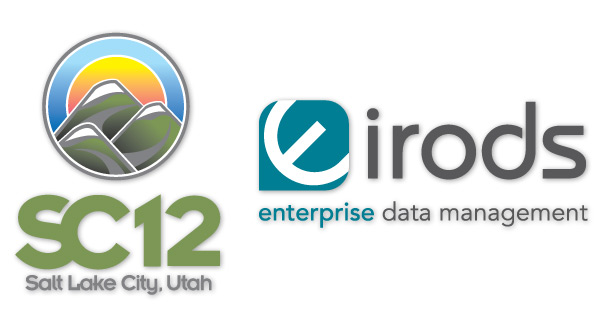
SALT LAKE CITY, Nov. 5, 2012 – A new consortium to be formed by the University of North Carolina at Chapel Hill and members of the Max Planck Society, Germany’s most successful research organization, will work to develop a popular open source data management solution called the integrated Rule-Oriented Data System (iRODS) into a sustained, production-quality technology for data management, sharing and integration. Read more


